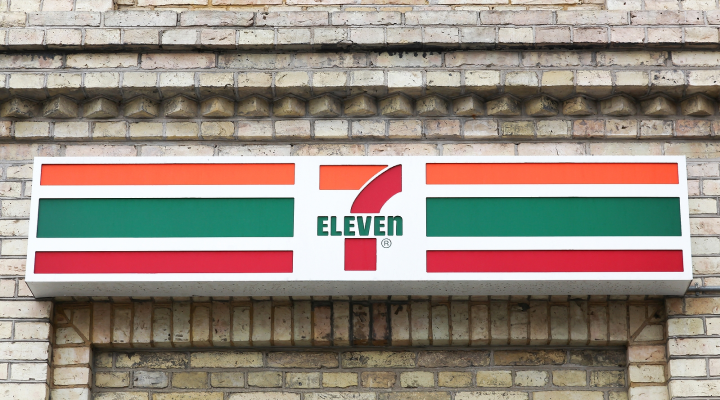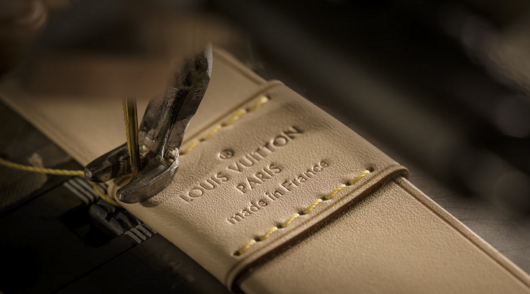Convenience chain 7-Eleven must pay $595,000 to a franchisee after the Victoria Supreme Court found the franchisor had made misleading statements about the term of a franchise agreement.
The retailer was found to have breached the Australian Consumer Law in its pre-purchase dealings with Yong Li and Zhe Wang who bought the 7-Eleven Heathmont store in 2015.
The couple believed the franchise agreement was for 10 years because of information in a number of documents provided by 7-Eleven; in fact the agreement was for a six-year lease with the option for the franchisor to extend the agreement to 10 years.
Lawyerly reported that Victoria Supreme Court Justice Peter Riordan said the franchisor’s conduct could lead someone to form an “erroneous assumption” about the length of the lease, and that the false information induced Wang and Li to sign the agreement.
They consequently spent more than $796,000 in capital investment; if they had not depended on the misleading information the judge determined the couple would have instead invested in an alternative business option.
In 2021 7-Eleven terminated its agreement with Yong Li and Zhe Wang, trading as Lanhai Pty Ltd because the store had been under-performing.
However Justice Riordan rejected claims for an injunction to prevent 7-Eleven from terminating the agreement before the 10-year period (a temporary injunction has been granted in September 2021).
The judge concluded the company had followed several processes to find a solution for the unprofitable store and had pursued legitimate interests in an early termination of the agreement.
As a result, he also rejected an allegation that the franchisor had engaged in unconscionable conduct.
Justice Riordan said the damages were sufficient remedy; he estimated the value of the lost opportunity to be nearly $807,000 and he applied a 20 per discount for the risk entailed in business ownership.
7-Eleven was contacted for comment.
This story originally appeared on Inside Franchise Business.







